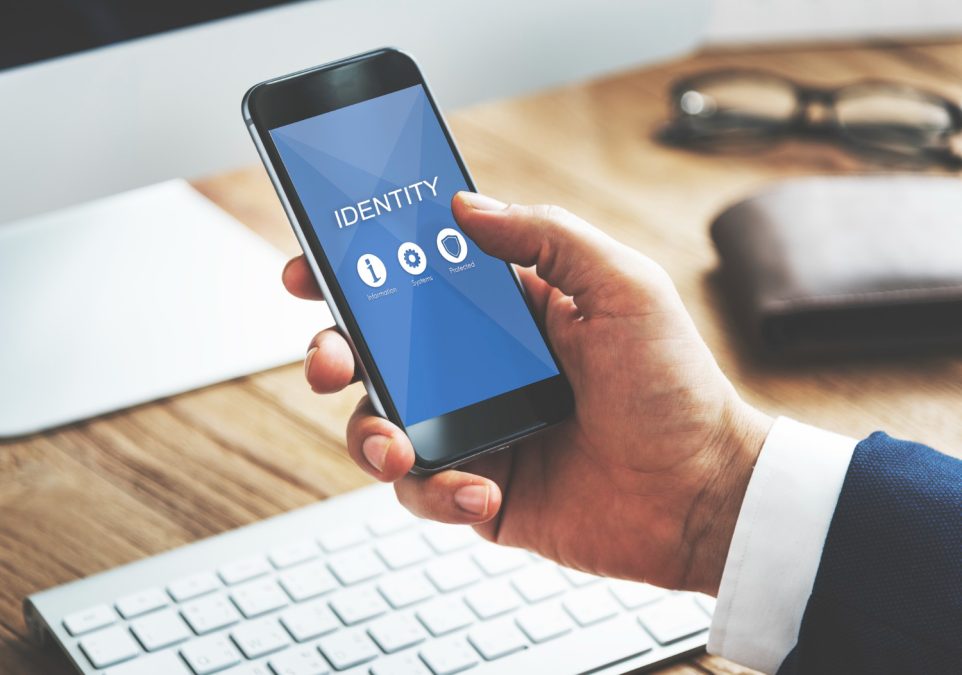In 2025, messaging has replaced email as the go-to for everything from business discussions to personal conversations. But in a world where data breaches are frequent and surveillance is an ever-present concern, the need for private, encrypted messaging has never been greater. Whether you’re chatting with clients, coordinating with your remote team, or sharing personal moments, not all messaging apps offer the same level of protection. That’s why secure messaging apps—built with end-to-end encryption and zero-trust design—are crucial tools in your digital toolkit.
The best secure messaging apps don’t just offer encrypted chats. They also protect your metadata, support disappearing messages, and avoid collecting data that could be exploited later. Some apps go even further, operating on open-source codebases, supporting decentralized infrastructure, and offering robust enterprise features. Whether you’re a journalist protecting sources, a lawyer handling sensitive information, or just someone who values their digital privacy, there’s a secure messaging app designed for you.
Here are the top 10 secure messaging apps worth considering in 2025—each offering a balance of privacy, usability, and transparency.
Page Contents
1. Signal
Signal is widely regarded as the gold standard for secure messaging. It’s open-source, nonprofit, and uses the Signal Protocol—now adopted by other platforms—for true end-to-end encryption.
Pros:
-
End-to-end encrypted messaging, calls, and group chats
-
No ads, no tracking, and minimal metadata collection
-
Open-source and independently audited
Cons:
-
Requires a phone number for setup
-
Some enterprise collaboration features are limited
Pricing: Free
Best for anyone who wants top-tier privacy with no strings attached—especially activists, journalists, and privacy advocates.
2. Threema
Threema puts privacy first by not requiring a phone number or email for signup. It stores minimal metadata and is fully GDPR-compliant, making it ideal for users in Europe and beyond.
Pros:
-
Anonymous signup with Threema ID
-
End-to-end encrypted messages, files, and polls
-
Servers based in Switzerland with strong privacy laws
Cons:
-
Not as widely adopted as Signal or WhatsApp
-
Paid app, even for personal use
Pricing: One-time fee of $3.99 for personal use
Perfect for privacy-conscious users who prefer anonymity and data minimization.
3. Wire
Wire is a secure collaboration platform built for teams. It offers end-to-end encryption across messages, calls, file sharing, and conferencing, with strong controls for enterprise environments.
Pros:
-
Designed for businesses and remote teams
-
GDPR-compliant and headquartered in Switzerland
-
Offers personal, business, and government versions
Cons:
-
Free version is limited
-
Interface not as sleek as consumer-first apps
Pricing: Free for personal use; business plans start at $5.83/user/month
Best for organizations that need secure, compliant team communication.
4. Element (powered by Matrix)
Element is an open-source messenger built on the Matrix protocol. It’s decentralized, encrypted, and extensible—making it ideal for self-hosting or federated use cases.
Pros:
-
Decentralized and open-source
-
Supports bridges to other chat services
-
Full end-to-end encryption with key backups
Cons:
-
Interface can feel techy for beginners
-
Setup requires more effort than plug-and-play apps
Pricing: Free self-hosted; hosted plans available for teams
Great for tech-savvy users, developers, and organizations seeking decentralized messaging.
5. Session
Session offers completely anonymous, decentralized messaging with no phone number or email required. It routes messages through a Tor-like network and stores no metadata.
Pros:
-
No phone number, email, or IP tracking
-
Messages routed anonymously via Lokinet
-
Decentralized and open-source
Cons:
-
Slower message delivery due to anonymization layers
-
Smaller user base compared to mainstream apps
Pricing: Free
Ideal for high-risk users who require maximum anonymity and decentralization.
6. Wickr Me (Amazon-owned, for personal use)
Wickr Me was a go-to for encrypted self-destructing messages, but Amazon has discontinued it for personal use. However, Wickr Pro remains available for enterprise communication.
Pros:
-
Military-grade encryption
-
Admin controls and secure file sharing in Pro version
-
Verified cryptographic audits
Cons:
-
Personal version retired in 2023
-
Enterprise pricing only
Pricing: Wickr Pro custom pricing
Still a strong contender for enterprise teams that need compliance, control, and secure collaboration.
7. WhatsApp
While not perfect, WhatsApp uses the Signal Protocol for end-to-end encryption. It’s widely adopted and easy to use, but owned by Meta, which may raise privacy concerns.
Pros:
-
End-to-end encrypted by default
-
Broad user base and feature-rich experience
-
Supports backups, group chats, and calls
Cons:
-
Metadata collection and ties to Meta ecosystem
-
Cloud backups can be a privacy risk if not encrypted
Pricing: Free
Best for users who need mass adoption and convenience, but should be used with caution if privacy is a top concern.
8. Telegram (Secret Chats only)
Telegram offers “secret chats” with end-to-end encryption, but standard chats are cloud-based and not encrypted by default. It has a sleek UI and large group capabilities.
Pros:
-
Secret chats with encryption and self-destruct timers
-
Rich media, bots, and channel features
-
Cross-device sync and fast performance
Cons:
-
Regular chats are not end-to-end encrypted
-
Centralized infrastructure
Pricing: Free; Premium tier available
Best for users who want flexibility and features, with occasional need for encrypted conversations.
9. iMessage (Apple users only)
iMessage offers end-to-end encryption between Apple devices, including photos, voice notes, and payments. It’s built into iOS and macOS, making it a default option for Apple users.
Pros:
-
End-to-end encrypted chats and media
-
Seamless integration across Apple devices
-
Strong privacy defaults for users in the ecosystem
Cons:
-
Apple-only; excludes Android and non-Apple platforms
-
Encryption doesn’t apply to SMS fallback
Pricing: Free with Apple devices
Ideal for users already deep in the Apple ecosystem who want private communication without additional apps.
10. Dust
Dust offers disappearing messages, screenshot alerts, and no message storage on servers—positioning itself as a privacy-first social messaging tool.
Pros:
-
Messages auto-delete and don’t live on servers
-
Alerts for screenshots and message forwarding
-
Fun, secure alternative to mainstream messengers
Cons:
-
Not widely adopted
-
Focuses more on casual social messaging than business use
Pricing: Free
Best for casual users who want ephemeral messaging with privacy-focused design.
Which Secure Messaging App Should You Choose?
If you need rock-solid security with wide community support, Signal is your go-to. For enterprise or team use, Wire or Element offer scalable, encrypted collaboration. If anonymity is critical, Session and Threema stand out. And for those who prioritize design and features, Telegram or iMessage might offer a more familiar interface—with some privacy tradeoffs.
Choosing the right secure messaging app comes down to your specific privacy needs and communication habits. Whether you’re building a privacy-first lifestyle or just looking to tighten up your digital defenses, the right app can make your conversations truly your own—and keep them that way.






